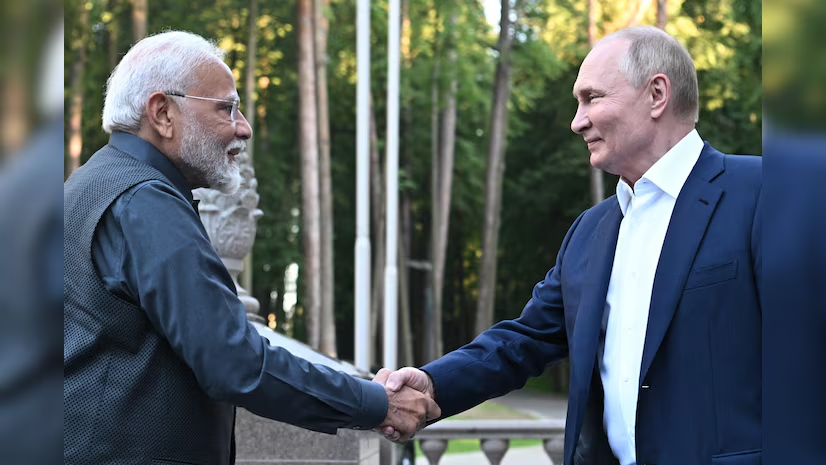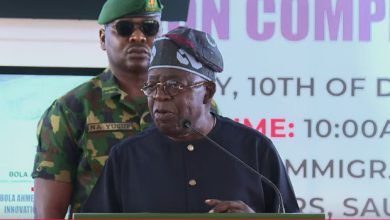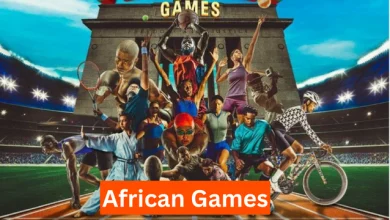Russia Promises Release of Indians Fighting in Its Army

Russia has promised an early release of all Indian citizens fighting in its army, India’s foreign ministry has said.
The announcement came at the end of Indian Prime Minister Narendra Modi’s visit to Moscow, during which he raised the issue with President Vladimir Putin.
Delhi has been seeking the release of Indians, who say they were lured to Russia on the promise of non-combat jobs in the army but were later forced into active combat in Ukraine.
At least four Indians have been killed in the fighting.
On Tuesday, Foreign Secretary Vinay Kwatra said at a press briefing that Mr Modi had “strongly raised the issue of early discharge” of Indians who had been “misled into the service of the Russian army”.
“The Russian side promised early discharge of all Indian nationals from the service of the Russian army,” he added.
Kwatra said there were about 35-50 Indians in the Russian forces, of whom 10 had already been brought home. The two countries would now work to bring back the remaining men, he added.
Indians stuck in Russia said they were duped by agents with the lure of money and a Russian passport.
Most of these men were from poor families who were promised jobs, sometimes as “helpers” in the Russian army.
Families of the men had appealed to the Indian government for help in bringing them back home.
India’s foreign ministry had called this a “matter of deep concern” and said it was “pressing very hard with the Russian authorities” to bring back its citizens.
Earlier this year, the ministry urged “all Indian nationals to exercise due caution and stay away from this conflict”.
In March, Indian authorities said they busted a network of agents sending people to fight for Russia under the pretext of giving them jobs.
Modi took up the issue with Putin on Tuesday during his two-day visit to Russia, his first since 2019.
A joint release by India and Russia after their talks said the two sides had set out nine key areas for closer cooperation, including nuclear energy and medicine.
The leaders also said they would aim to boost bilateral trade by more than half to hit $100bn (about £78bn) by 2030.





